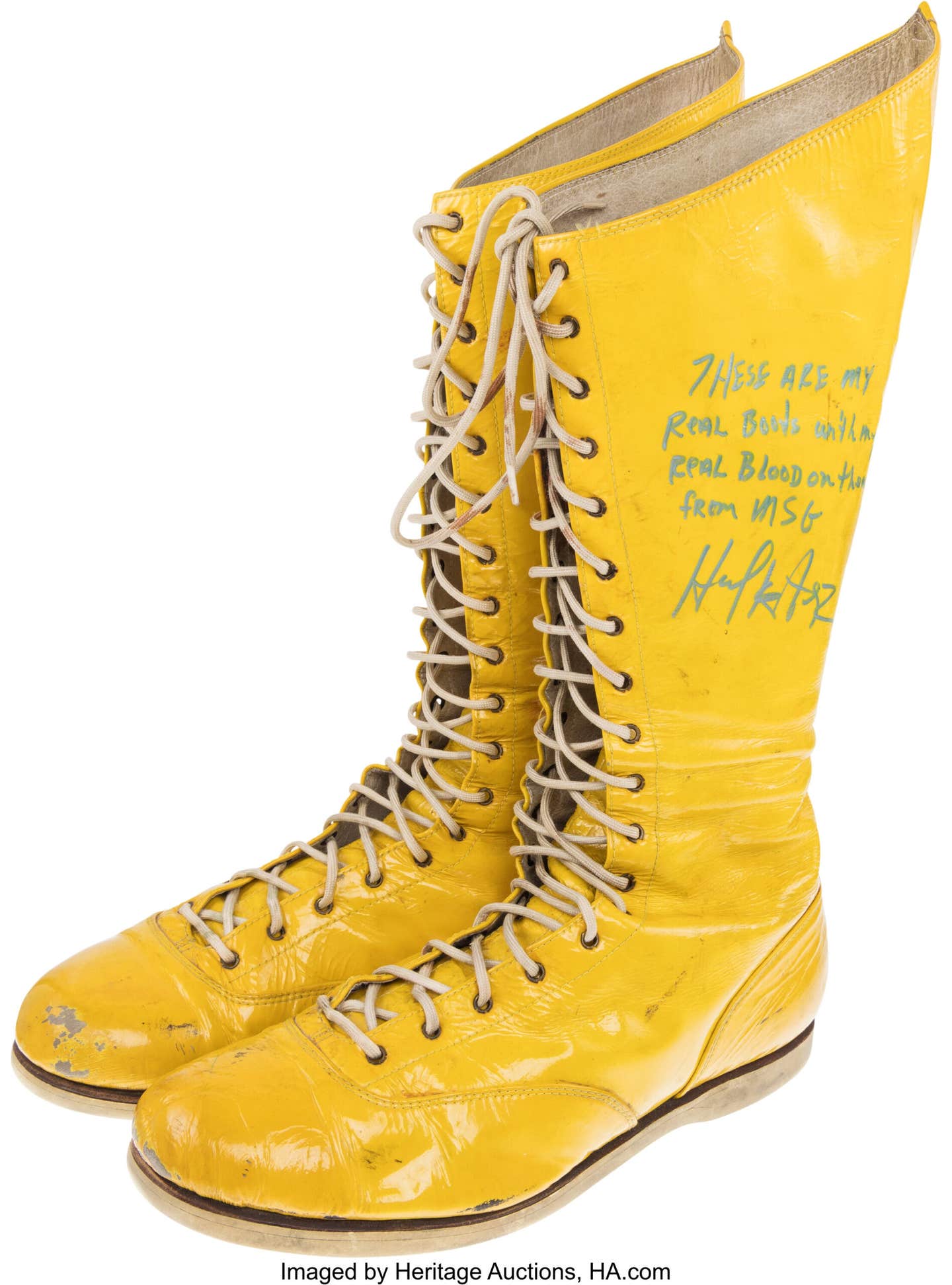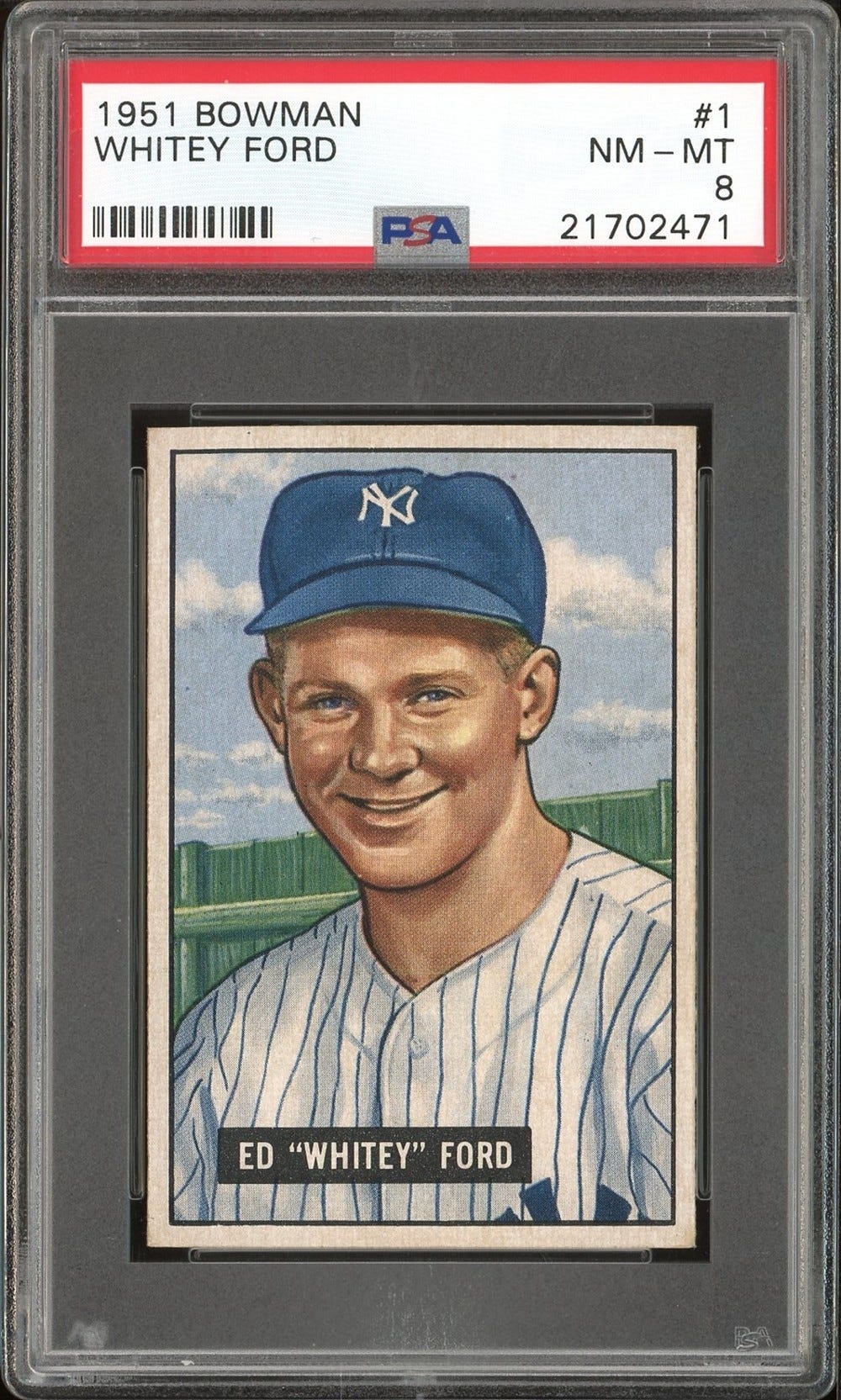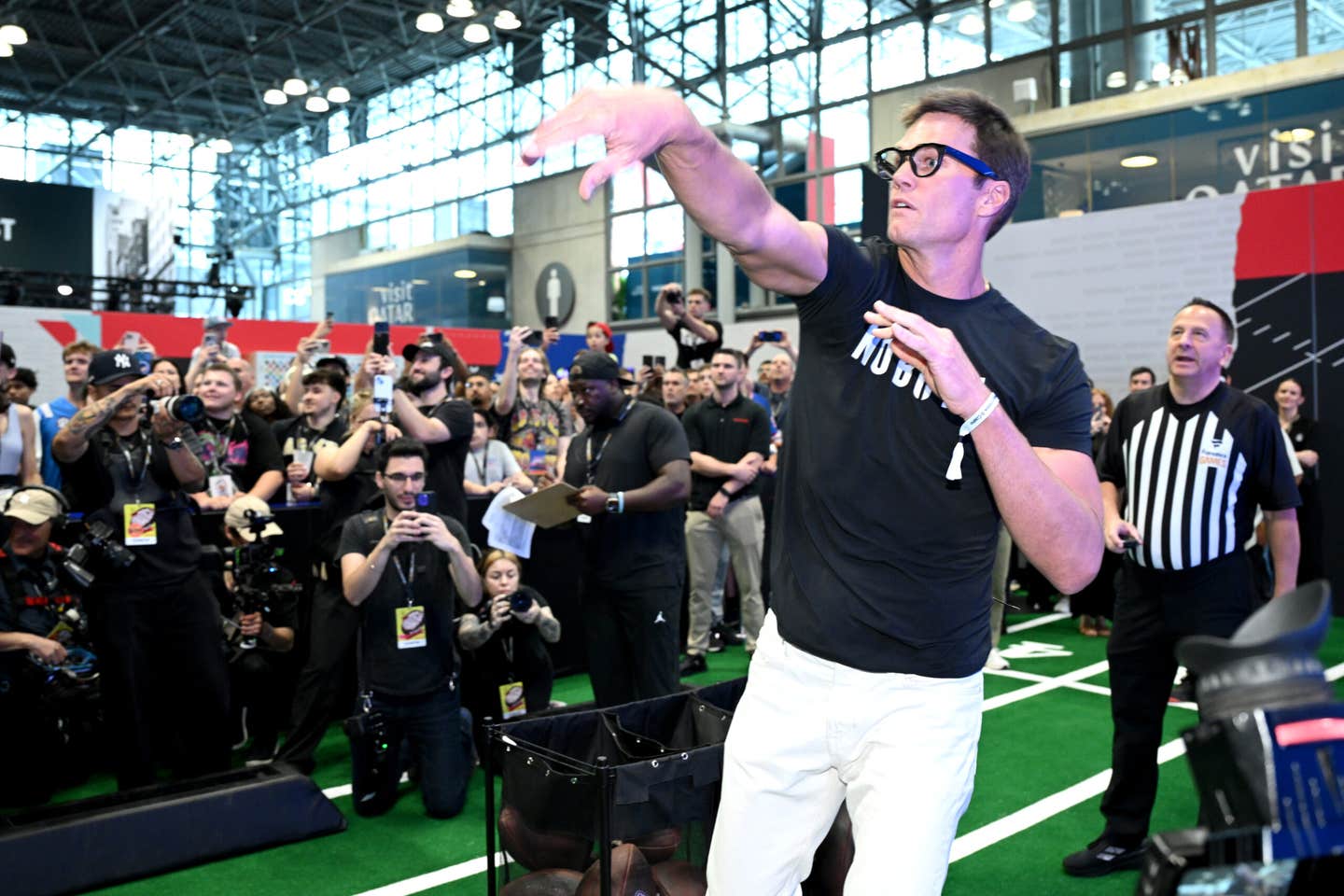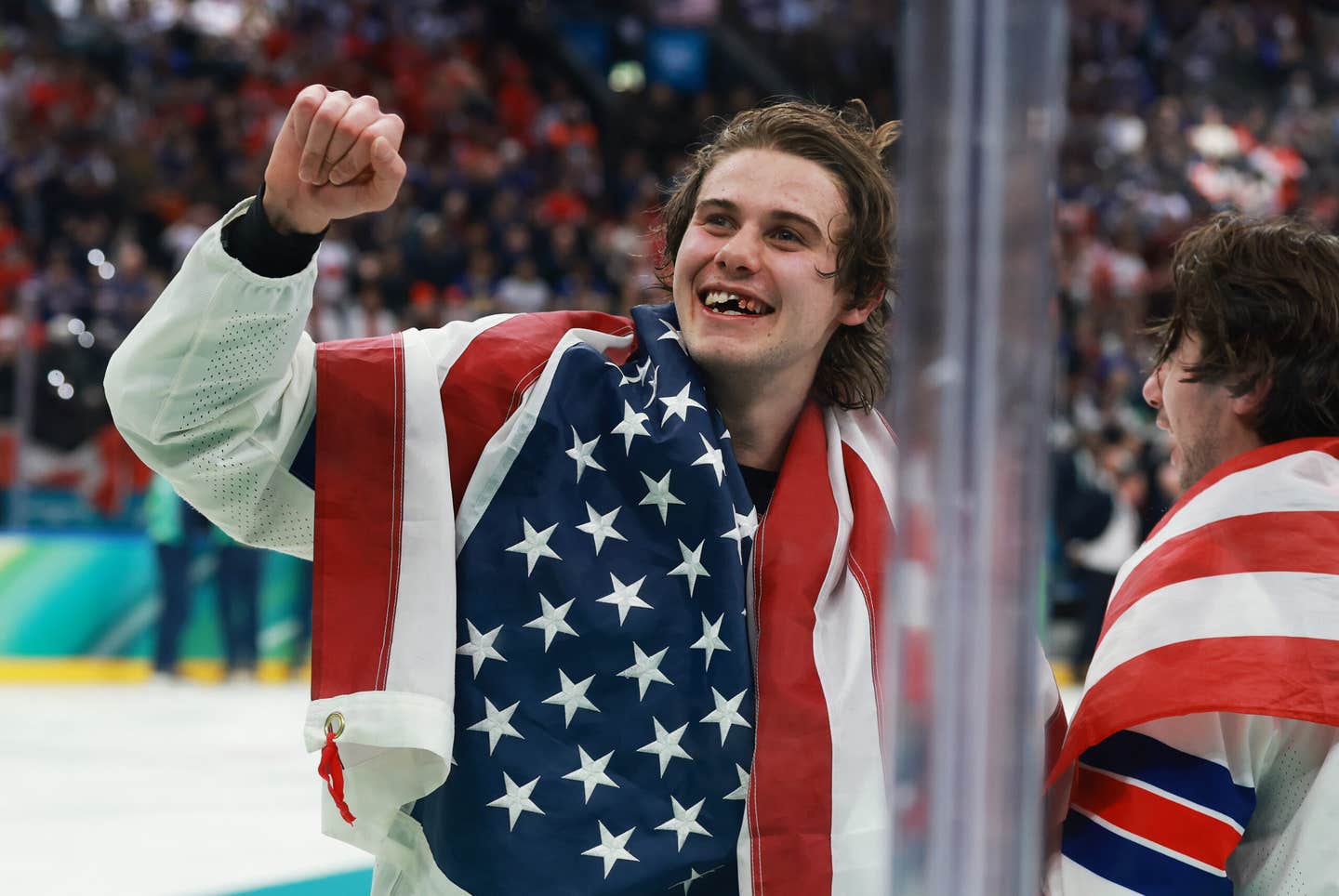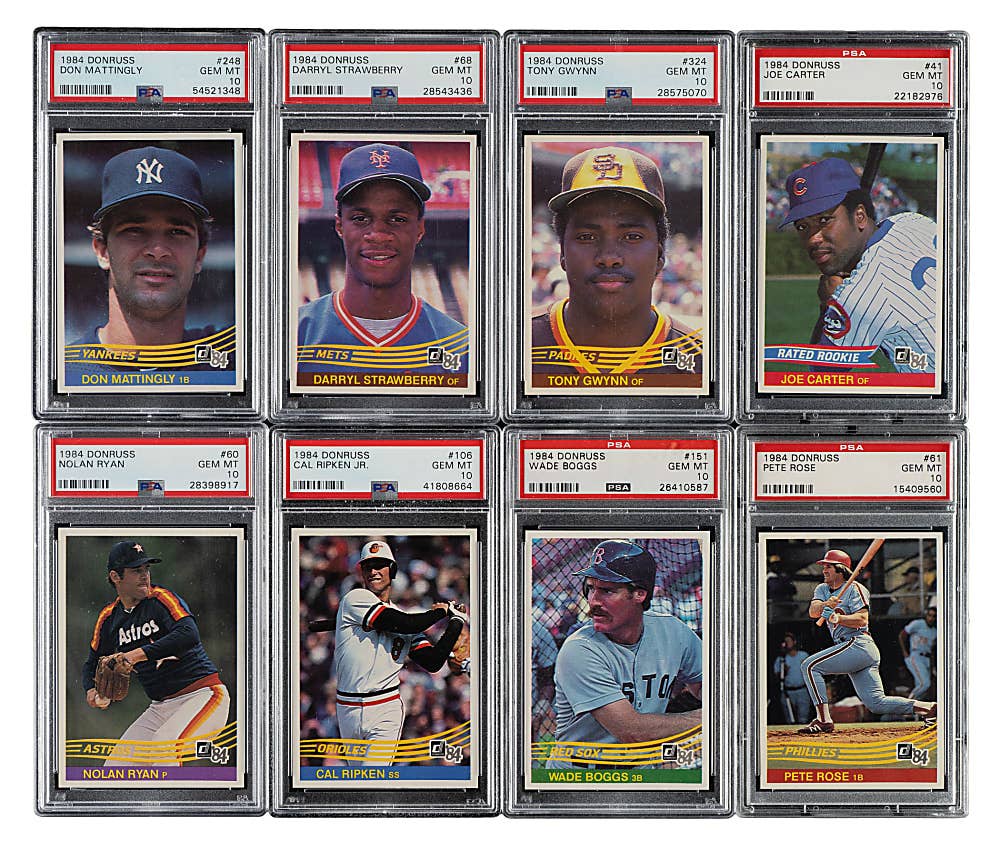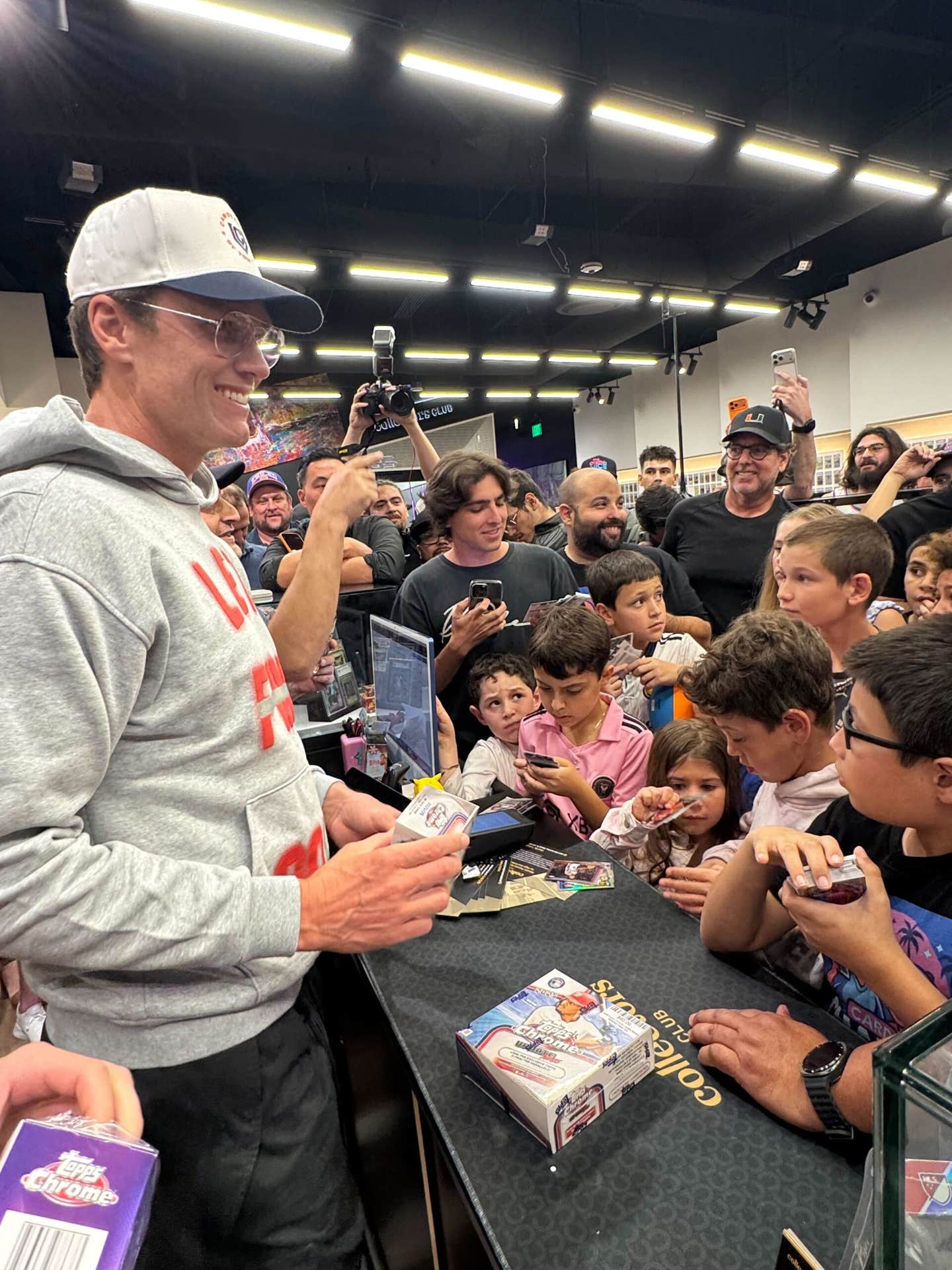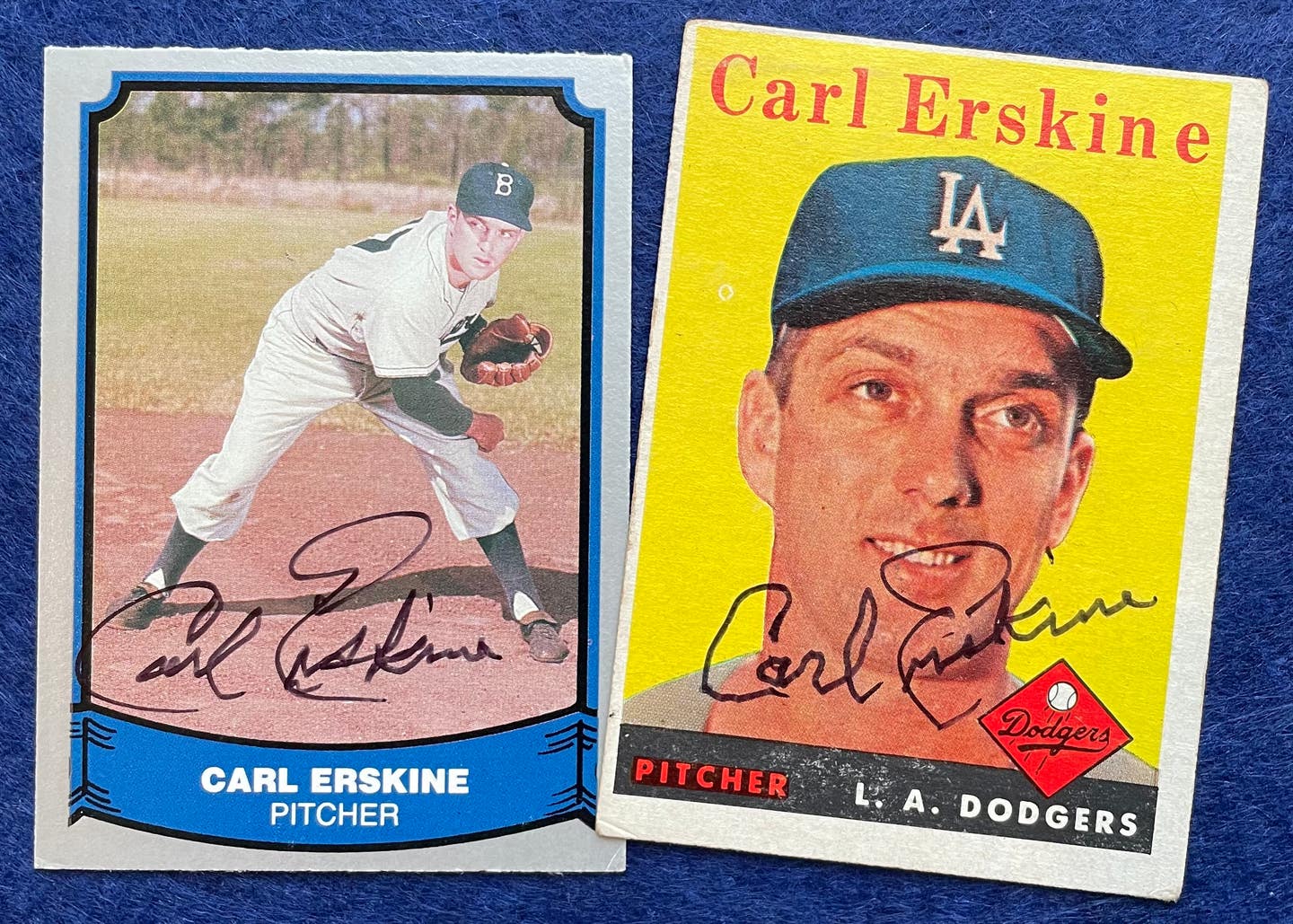
News
Dodger great Carl Erskine remembered as fan favorite, one of greatest autograph signers of all time
Carl Erskine may not have a plaque in Cooperstown, but the popular Dodgers pitcher would be a first-ballot Hall of Famer if his treatment of fans were taken into account.
Erskine died on April 16 at the age of 97. He was one of the greatest autograph signers of all time.
The last of the “Boys of Summer,” Erskine teamed with Hall of Famers Jackie Robinson, Roy Campanella, Pee Wee Reese, Duke Snider, and Gil Hodges. The career-long Dodger won five National League pennants with the Bums and a World Series in 1955.
Erskine went 122-78 over his 12-year career, giving him a .610 winning percentage, and his career ERA was an even 4.00. He pitched two no-hitters, won 20 games in 1953, was an All-Star in 1954, and even struck out Mickey Mantle four times in a World Series game. Mantle later signed a photo for Erskine, writing: “To Carl. The Greatest W.S. Pitcher in the World. Mickey Mantle. 4 K’s.”
But Erskine, who returned to his hometown of Anderson, Ind. following his playing days, was especially known for his attitude and generosity toward fans and autograph seekers.
“Fan mail is one of the biggest dividends a player can earn as a result of his baseball career,” Erskine wrote in his 2004 book “Tales from the Dodger Dugout.”
Erskine received interesting fan mail from people of all ages from various places. Youngsters wrote that although they had never seen Erskine pitch, their grandfathers had. One kid sent a letter and did not ask for an autograph, but instead gave an autographed photo of himself to the Dodger great.
From Scotland, a fan with the same last name wrote that the two must be related since Carl looked just like the fan’s uncle Willie. For decades, Erskine corresponded with a missionary in South Africa, and if Erskine won a game in June, a congratulatory letter would arrive two months later in August. Erskine also said that he got newspaper clippings sent to him from Japan, but he could not read them.
Regardless, when you wrote to Erskine in Anderson, Ind., you could pretty much count on a timely and charitable reply.
I never sent Erskine any newspaper clippings, but I did write to him from Japan, and in less than a month received a reply from the other side of the world. Mr. Erskine signed and returned two cards—one for me and one for my son—and he also answered a few quick questions about the Dodgers’ 1956 Tour of Japan. He was even thoughtful enough to add a couple of extra notes about visits to Japan on the back of the envelope (Erskine must have still been thinking about my questions after he sealed the envelope).
It made my day to receive Erskine’s reply, and I know he did the same for many others who helped stuff his mailbox with baseball cards.
Erskine did not ask for money to sign cards through the mail, but one way to show appreciation was to make a donation to the Special Olympics, as Erskine’s son, Jimmy, was born with Down syndrome. Jimmy won a gold medal in the 50m Freestyle swimming event in the Special Olympics, and in his book Carl indicated that his son winning the medal outranked getting a World Series ring with the Dodgers.
Erskine was cordial with fans from the very beginning of his playing days with the Dodgers.
“It’s always a special experience when kids ask for an autograph,” Erskine wrote. “And kids are usually so honest that you can tell how popular you are by how they seek your autograph.”
Erskine remembered one occasion during his rookie year when, right after departing the Dodger clubhouse, he was stopped by several boys asking for an autograph. The new Brooklyn pitcher started signing, but he noticed that one boy in the group came back for a second autograph. Erskine gladly signed for him again. But a few minutes later, the same youngster returned for a third.
“This time I asked him why he would want three of my autographs,” Erskine recalled. “His honest answer was, ‘Actually, I would like to have six. If I can get six of yours, I can trade them for one of Jackie Robinson’s.’”
It is true that an Erskine autograph is not worth as much as that of some of his Brooklyn Dodger teammates. But if the number of autographs Erskine was asked to sign over his lifetime is any measure of his popularity with fans, Carl ranks right up there with the Hall of Famers.
And he was a pretty good pitcher to boot.
— Matt Bosch went to his first professional baseball game in Japan 20 years ago and has been a fan ever since. A collector, he enjoys researching and writing about baseball and baseball cards.



